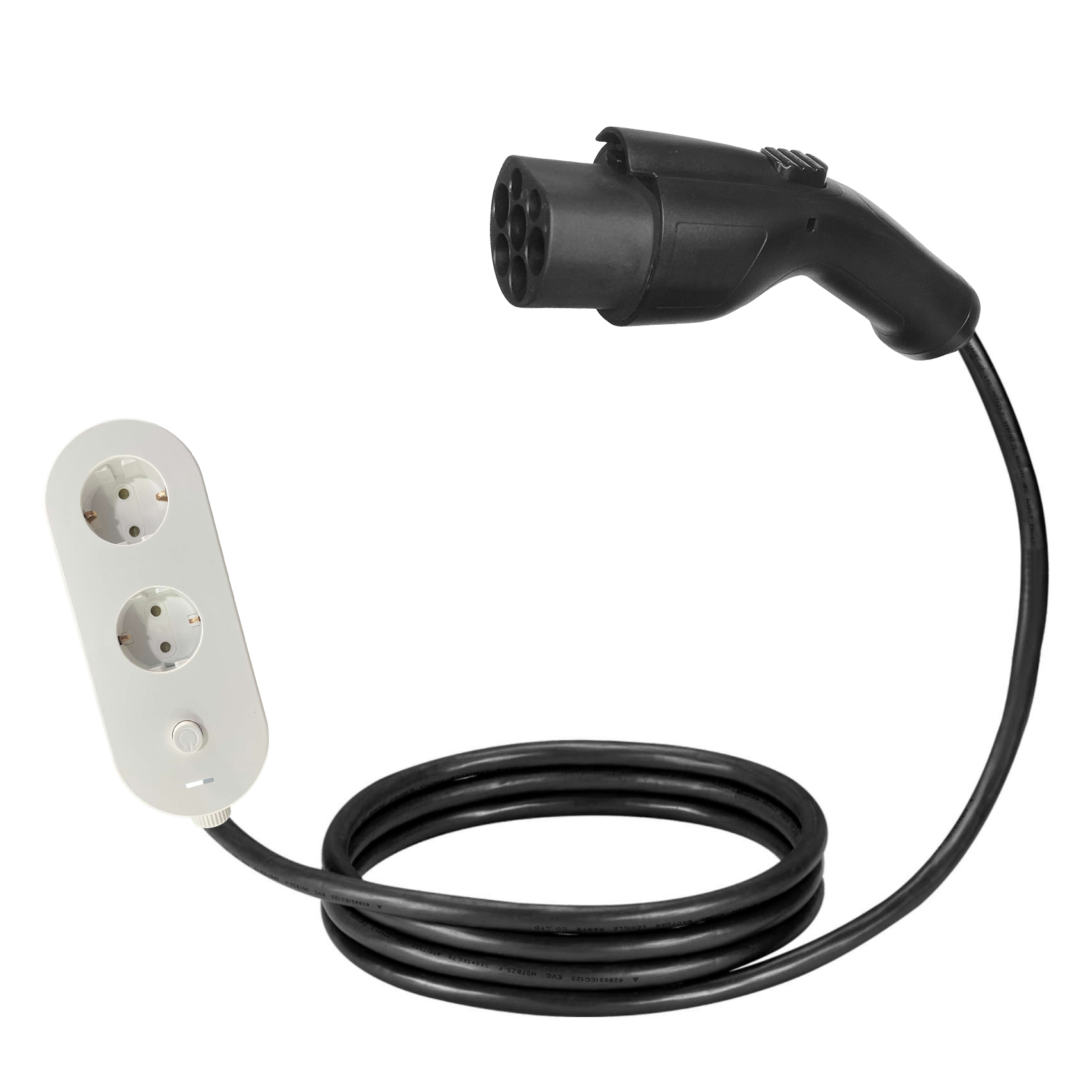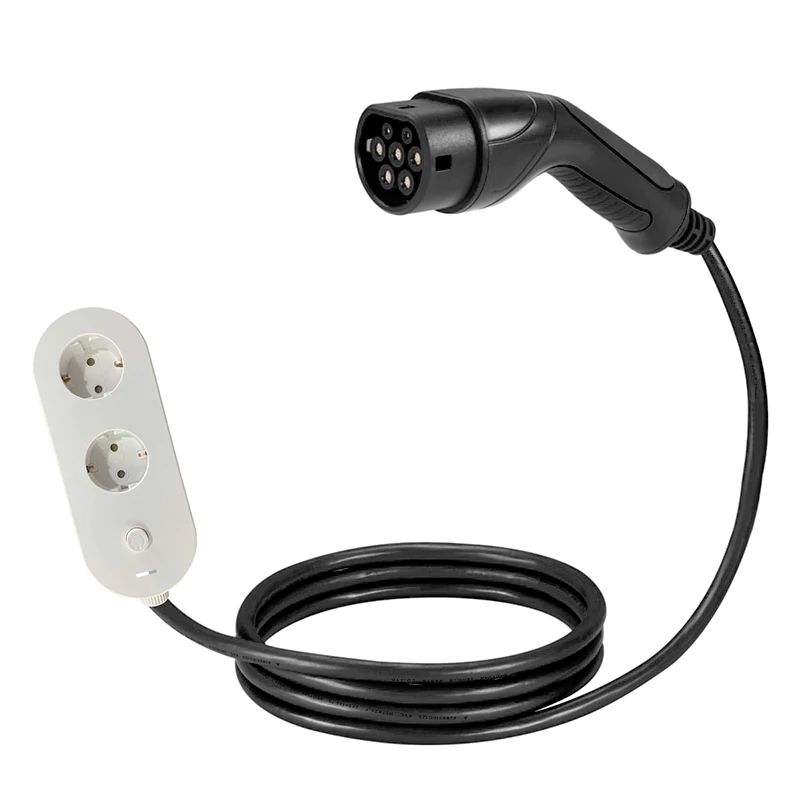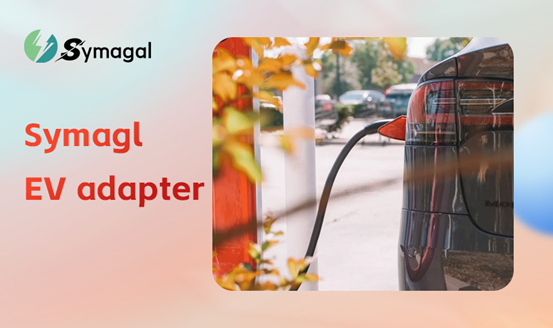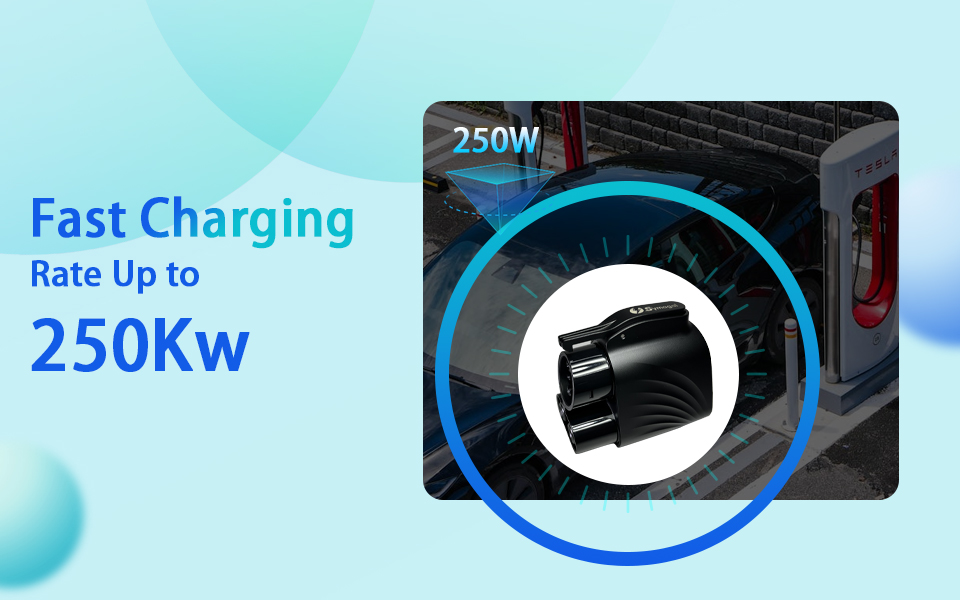Charging your electric vehicle (EV) to 100% is generally not recommended for daily use, especially for vehicles with lithium-ion batteries, which is the most common battery type in modern EVs. Here’s why:
1. Battery Health and Longevity:
Optimal Charge Level: It's generally advised to keep your EV's charge level between 20% and 80% for regular use. Charging to 100% frequently can put additional stress on the battery, leading to faster degradation over time.
Battery Degradation: Charging to 100% and letting the battery sit at full charge, especially in high temperatures, can accelerate battery degradation. This results in a reduced driving range and overall battery health over the long term.
2. When to Charge to 100%:
Long Trips: Charging to 100% can be beneficial before a long trip where you need the maximum range. However, it's still a good practice to start driving soon after reaching full charge to avoid letting the battery sit at 100% for an extended period.
Specific Situations: If you anticipate needing the extra range due to a lack of charging infrastructure or if you're in a situation where you can't charge frequently, it makes sense to charge fully.
3. Regenerative Braking:
Reduced Efficiency: When the battery is at 100%, regenerative braking, which helps recover energy during braking, is less effective. This is because the battery cannot accept more charge, which can slightly reduce the overall efficiency of your vehicle.
4. Manufacturer Guidelines:
Battery Management Systems (BMS): Most EVs have a BMS that manages charging and discharging to protect the battery. Some EVs allow you to set a charging limit, so you can stop charging at 80% or another percentage. It's good practice to follow these guidelines for the best long-term battery health.
Conclusion:
For daily use, it’s best to charge your EV to around 80%, which balances battery longevity with driving range. Reserve charging to 100% for situations where you need the maximum range, and try to start driving shortly after reaching full charge to minimize stress on the battery.
#Symagal #EVCharging #Symagal #ElectricVehicleCharger #ChargersForTesla

Vehicle-to-Load Cable (Type 1) Power your appliances from your EV with a groundbreaking innovation that transforms your electric vehicle into a portable power ...

Vehicle to Load Cable (GB/T) Power your appliances from your EV with a groundbreaking innovation that transforms your electric vehicle into a portable power so...

Vehicle-to-Load Cable (Type 2) Power your appliances from your EV with a groundbreaking innovation that transforms your electric vehicle into a portable powe...

Several electric cars currently support ultra-fast charging with impressive char
2024-11-08
Read now

Tesla has announced a new standardization aimed at reducing the cost and complex
2024-11-04
Read now

Volvo and Polestar - two European car brands owned by China's Geely - are no
2024-10-31
Read now